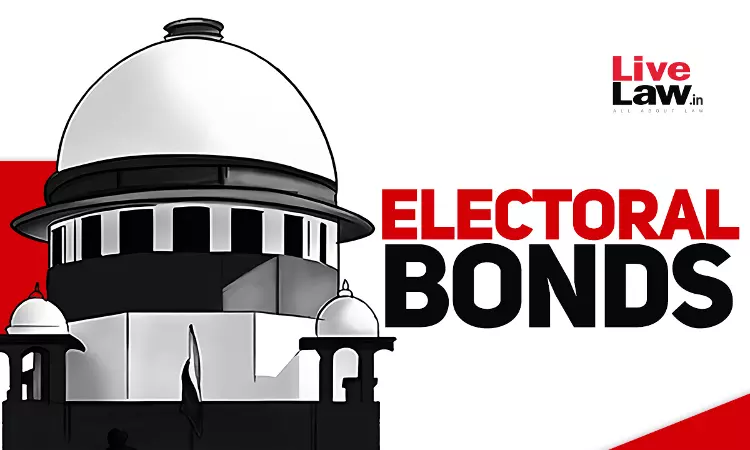Early Hearing Sought For Plea In Supreme Court Seeking SIT Probe Into Electoral Bonds Bribery Issue
Anmol Kaur Bawa
14 May 2024 12:29 PM IST

Next Story
14 May 2024 12:29 PM IST
Advocate Prashant Bhushan on Tuesday (May 14) requested the Supreme Court for an early listing of a plea seeking a probe by a Special Investigation Team (SIT) into the alleged instances of quid pro quo in the Electoral Bonds Scheme. He mentioned the matter before a bench of Justices Sanjiv Khanna & Dipankar Datta (since the Chief Justice of India is not sitting today) "I had filed a...
